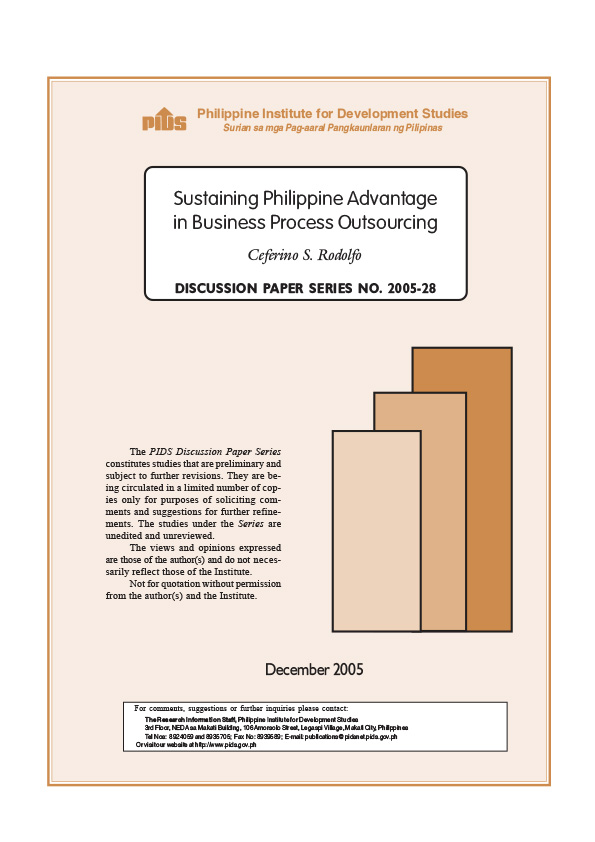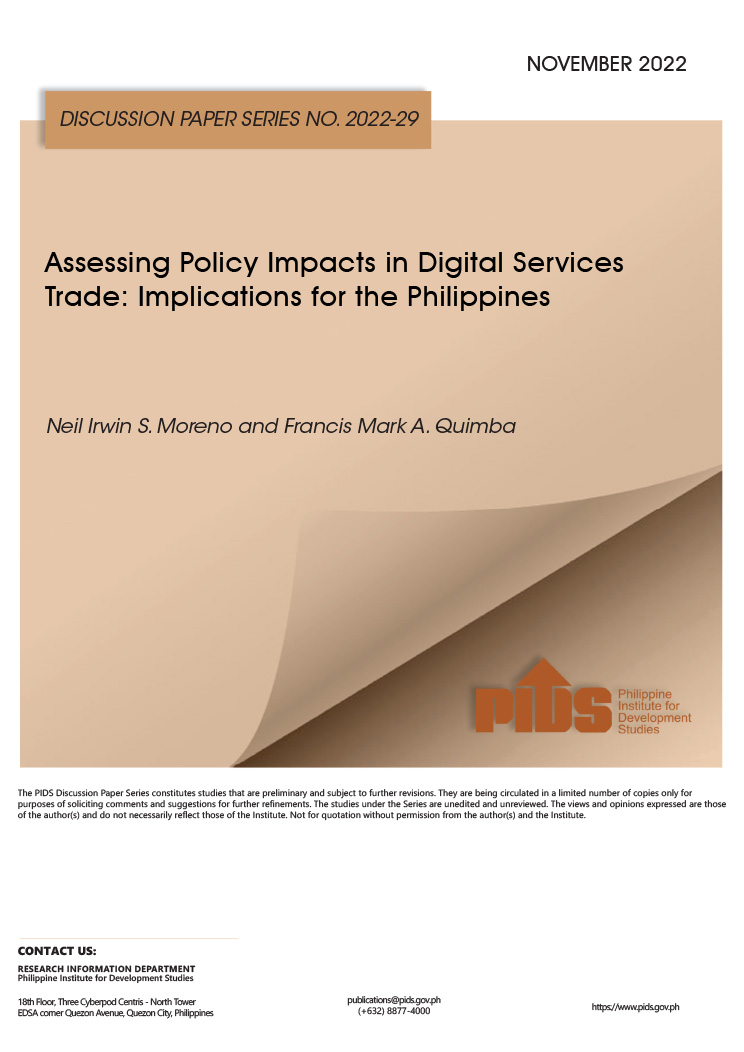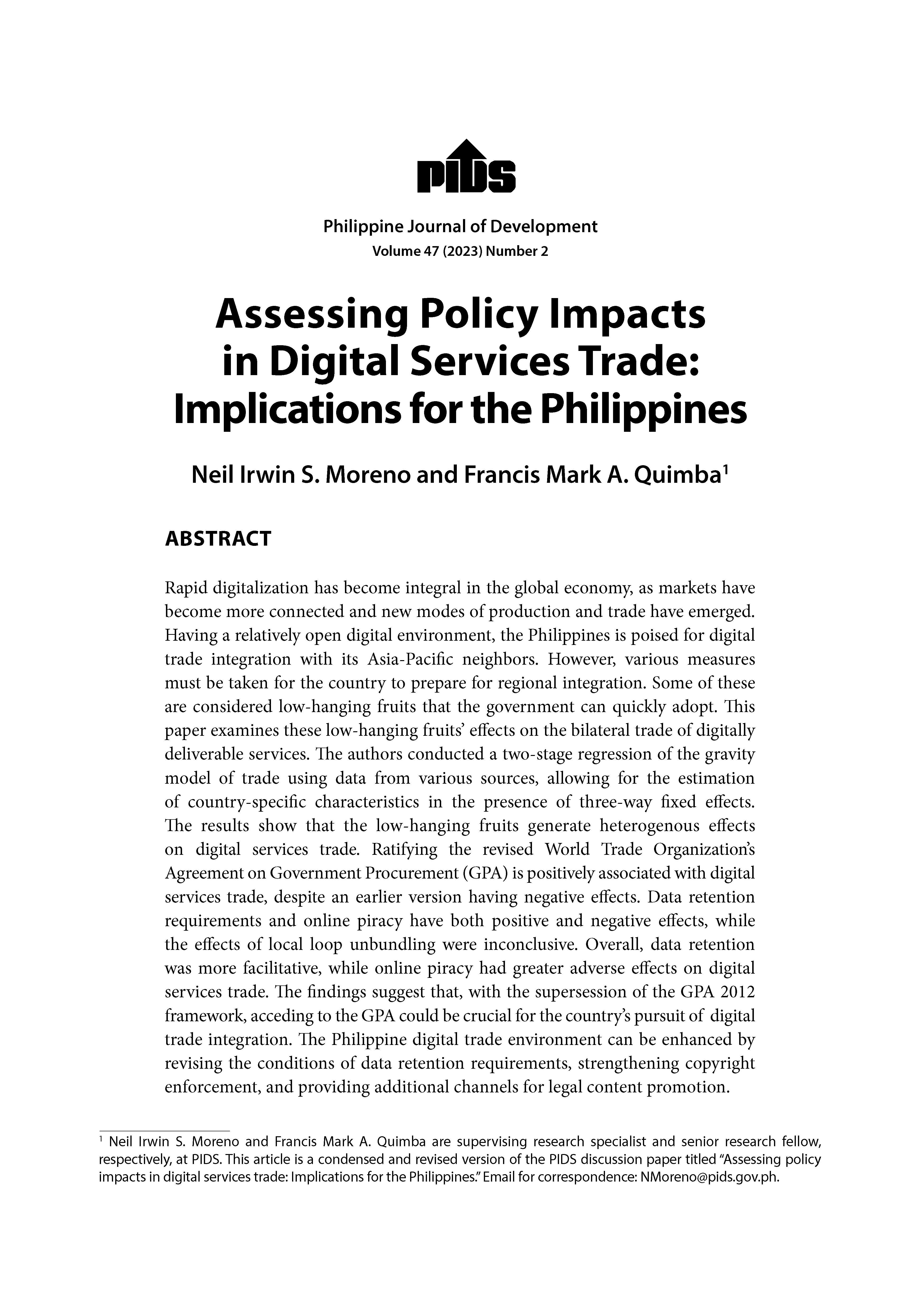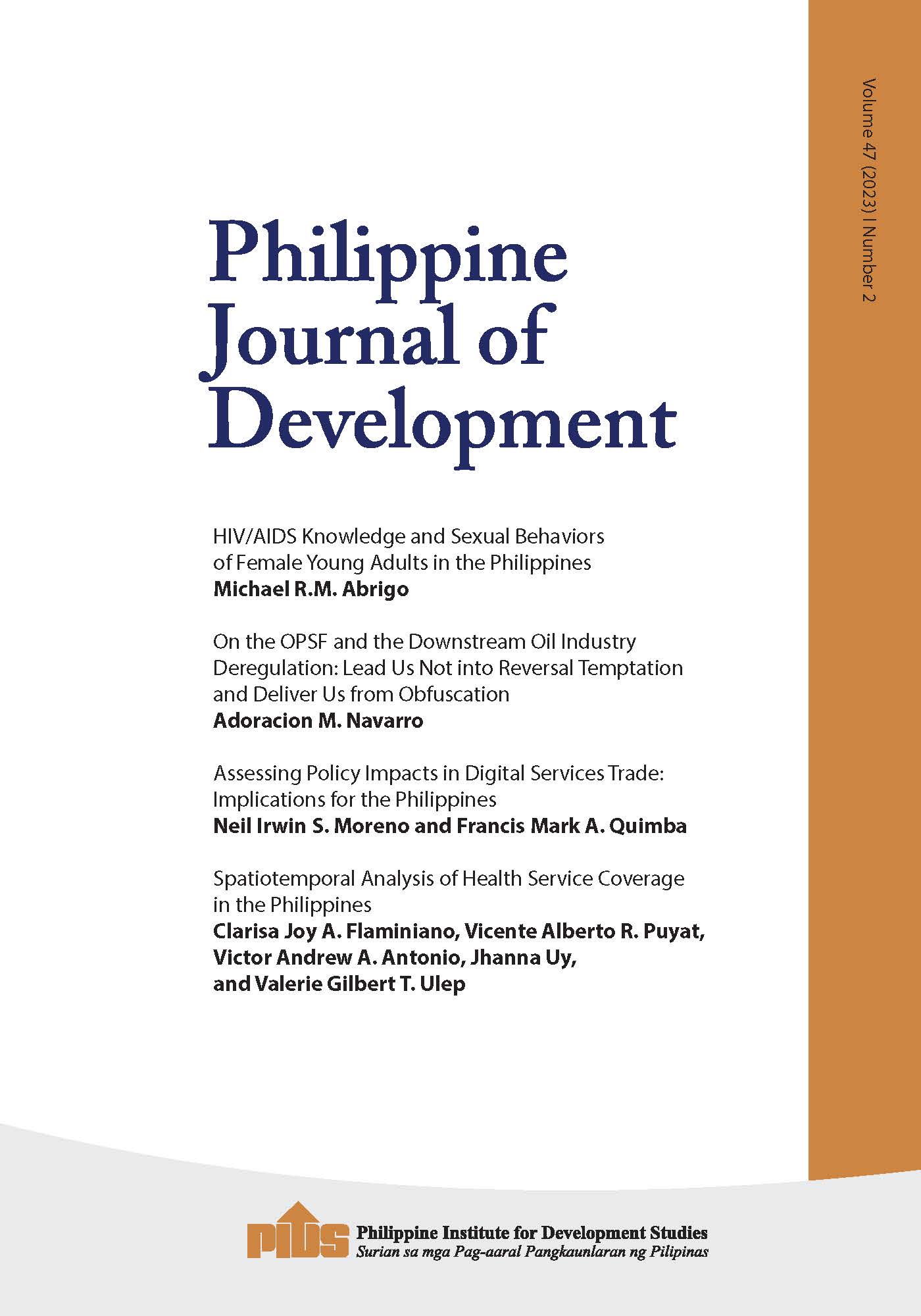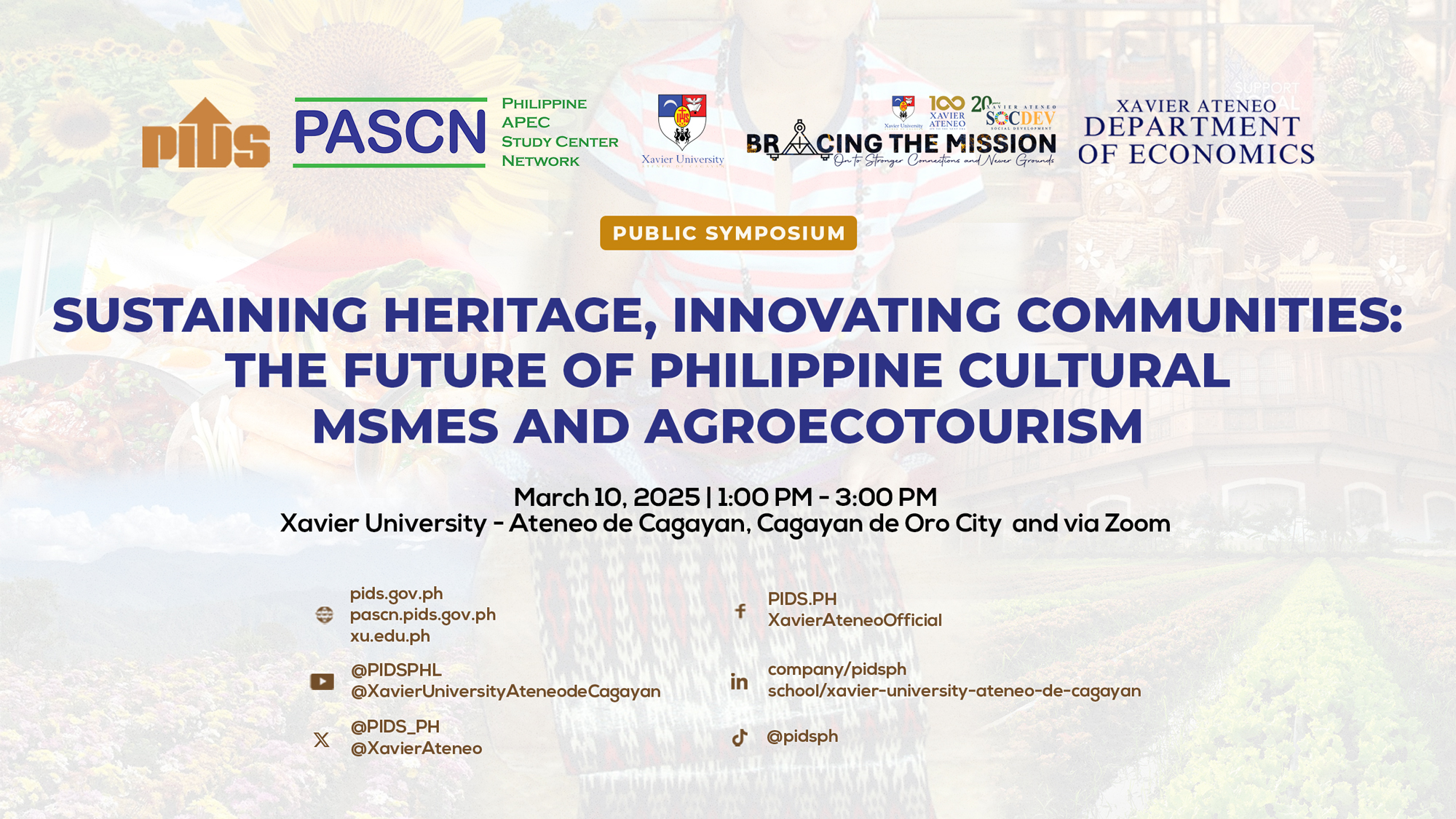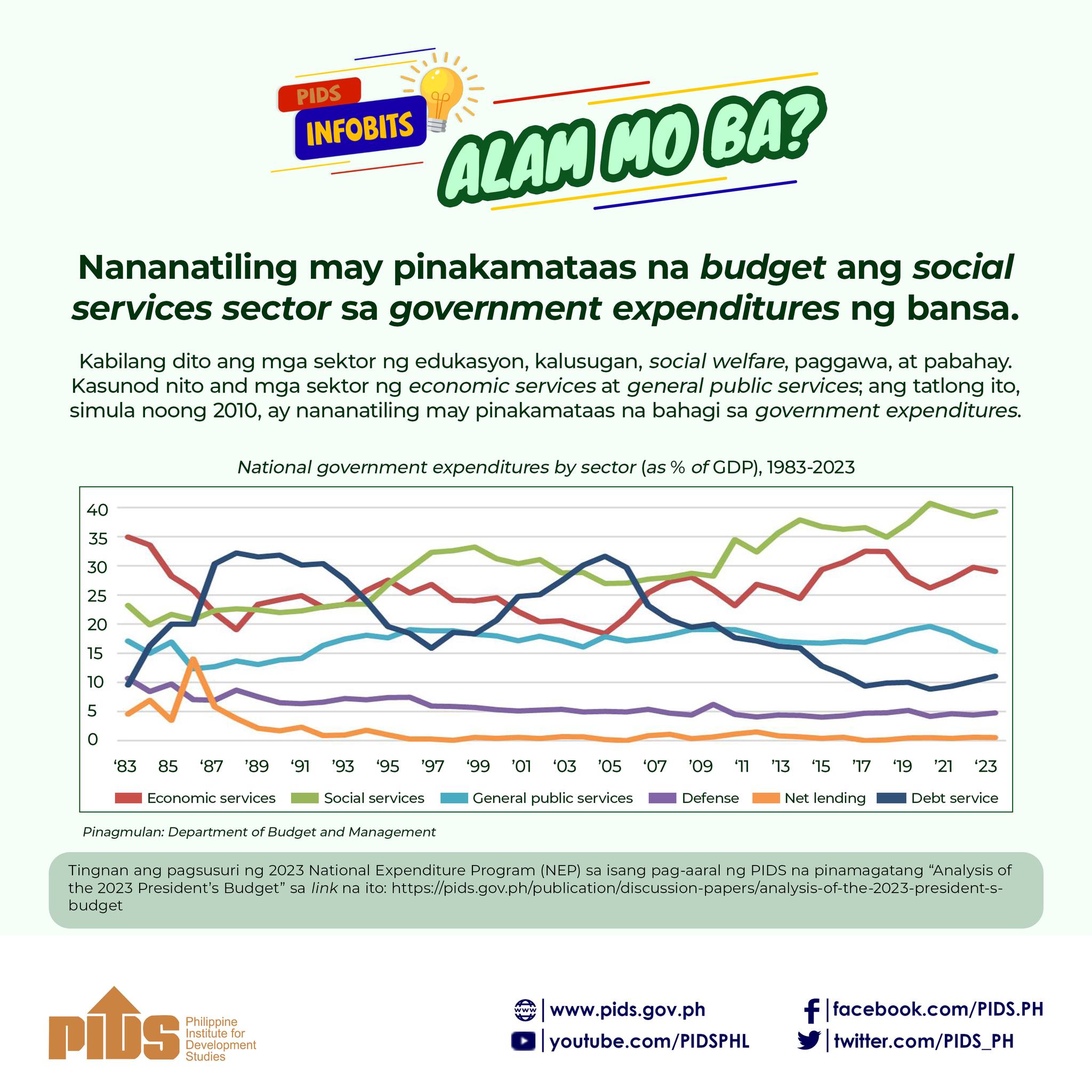This study looked at the sustainability of the growth and development of business process outsourcing (BPO) in the Philippines. It was prompted by the sector`s spectacular growth in several of its subsectors, mainly contact call centers, medical transcription, animation, and software development. Doubts about the sustainability of this hypergrowth situation are increasingly being felt, as the industry experiences difficulties in meeting the demands of the market--specifically, the country`s ability to supply the skilled workforce. In addressing sustainability, the government will have to grapple with several important issues, such as the main drivers of the BPO phenomenon, the size of the global BPO market, and the competitiveness of the Philippines as a BPO location. These questions were directly addressed by the study. Only after these issues have been addressed can policymakers provide broader and longer term directions for the industry, specifically on: (1) whether the present level of priority given to BPOs is appropriate and consistent with national economic goals or should the government instead prioritize other sectors, and (2) whether the country`s educational system should be aligned with the goals of enhancing the competitiveness of the BPO industry, and the consequences of this educational thrust on other strategic sectors of the economy.
Citations
This publication has been cited 1 time
- Magtibay-Ramos, Nedelyn, Gemma Estrada, and Jesus Felipe. 2008. An Input-Output Analysis of the Philippine BPO Industry. Asian-Pacific Economic Literature, 22, no. 1, 41-56. Asia Pacific School of Economics and Government, The Australian National University.

